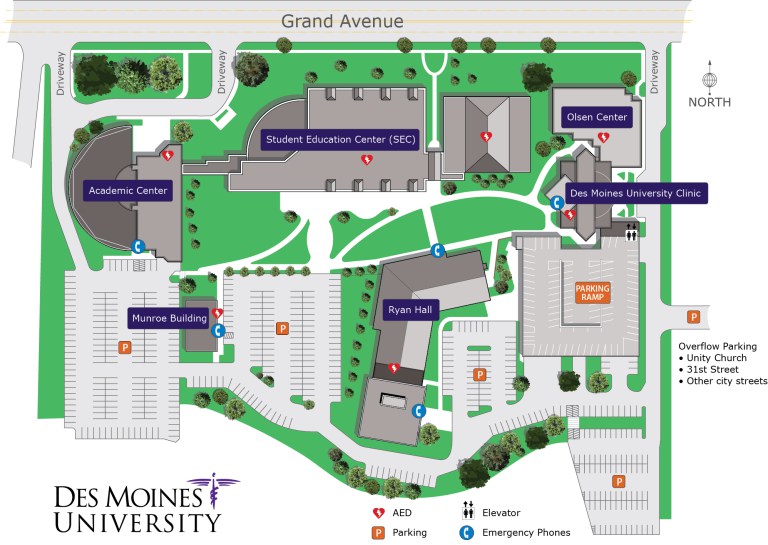Competency-Based Medical Education: Understanding the Principles

| Registration |
|---|
|
Series Description
The Winter 2018 IAMSE Web Seminar Series focuses on the current state of Competency-Based Education across the health professions and its future directions. The series begins with an overview of current assessment theories, tools and practices and explains how these have been adapted to better reflect learners’ attainment of competency within a competency-based framework. This is followed by a session that explores the relationship between memory and learning and describes strategies to better prepare and equip learners to achieve success within a competency-based framework. The AAMC Core EPA work group next provides an update on the integration of “entrustment activities and entrustment assessment tools” into a competency-based framework. The following presentation explores the benefits, challenges and outcomes of incorporating Longitudinal Integrated Clerkships (LICs) into competency-based medical education. The series closes with an appraisal of the Education in Pediatrics Across the Continuum (EPAC) curriculum as a content-focused, “continuous” competency-based model that spans undergraduate and graduate medical education. Upon completion of this series, participants will be better able to describe the evolution of competency-based education in the health professions. Participants will also be able to identify opportunities within their own institutions for adopting and adapting a competency-based educational framework.
Webinar Description
This webinar will lay the foundation for future sessions in this series. We will discuss the definition and define the common terms that are used in competency-based medical education (CBME). The reasons for why we need to change our current education system, and how CBME may address these, will be discussed. We will describe the five components of CBME and models for implementing this new education paradigm across the continuum of medical education.
Learning Objectives
- Outline reasons why we need to change our current education system, and how CBME may address these.
- Define competency-based medical education (CBME) and common terms that are used when discussing it.
- Enumerate the 5 components of CBME.
- Describe models for implementing CBME across the continuum of medical education.
Speaker
 Linda Snell, MD, MHPE, FRCPC, MACP
Linda Snell, MD, MHPE, FRCPC, MACP
The Royal College of Physicians and Surgeons of Canada
Dr. Snell is a Professor of Medicine and a Core Faculty member, Centre for Medical Education, McGill University, and Senior Clinician Educator at the Royal College of Physicians and Surgeons of Canada. She is active in teaching, education leadership and education research at all levels of medical training. She has served in numerous education and clinical leadership roles at McGill, the RCPSC, nationally and internationally. Her current interests include: faculty development for competency-based education; advanced training for clinician-educators; learning, teaching & assessing the CanMEDS competencies, in particular the Roles of Professional, Leader and Scholar (teacher); leadership in medical education; and education scholarship. She has received teaching and education awards, and presented workshops and invited lectures across Canada and internationally.

Des Moines University is located on a 22-acre campus in the heart of Des Moines, Iowa. Just west of downtown on Grand Avenue, the University is located in one of Des Moines’ most prestigious neighborhoods. The campus is in a historic neighborhood filled with tree-lined streets and gracious older homes and businesses. Its central location makes it easy to access the rest of the city and outlying communities. The campus is close to the Des Moines International Airport, located on the bus line and just blocks from local shopping and downtown Des Moines.

Available Credit
- 1.00 CE Contact Hour(s)

 Facebook
Facebook X
X LinkedIn
LinkedIn Forward
Forward